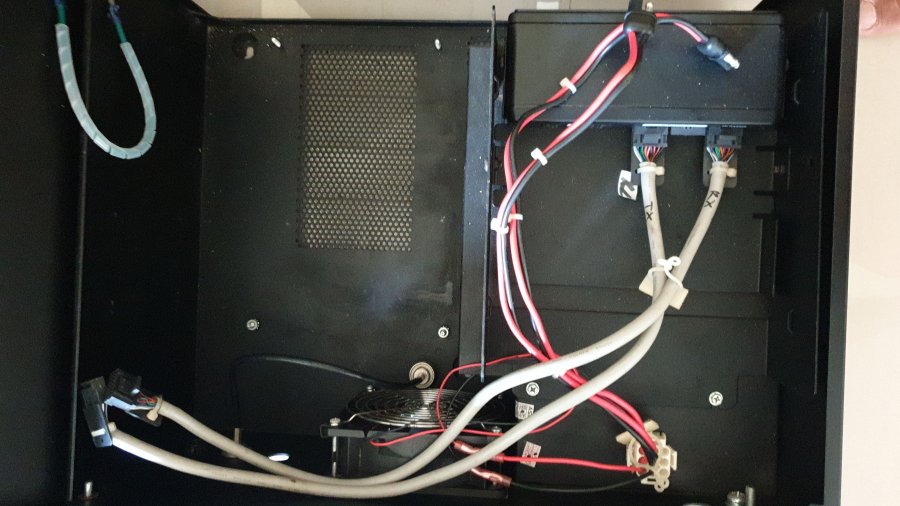In today’s digital era, businesses rely heavily on IT and communication infrastructure to maintain smooth operations, enhance productivity, and stay competitive. Whether it’s a small enterprise or a multinational corporation, having a robust and reliable IT and communication system is no longer an option—it’s a necessity.
1. Ensuring Seamless Communication
A strong communication infrastructure allows businesses to stay connected internally and externally. Whether through VoIP systems, video conferencing, or secure messaging platforms, employees, clients, and partners can collaborate efficiently in real time.
2. Enhancing Productivity and Efficiency
When IT and communication systems function seamlessly, employees can work without disruptions. From data sharing to cloud-based collaboration tools, businesses can streamline workflows and complete tasks faster.
3. Reducing Downtime and Technical Issues
A weak or outdated IT system can lead to frequent downtime, slow networks, and system failures, affecting operations and revenue. A well-maintained infrastructure minimizes disruptions and ensures continuous business performance.
4. Strengthening Data Security and Cyber Protection
Cyber threats are on the rise, and businesses must protect sensitive data, customer information, and proprietary systems. A reliable IT infrastructure includes firewalls, encryption, and backup solutions to prevent cyberattacks and data breaches.
5. Supporting Business Scalability
As a business grows, its IT and communication needs evolve. A scalable infrastructure allows companies to add new users, integrate advanced technology, and expand operations without major overhauls.
6. Enhancing Customer Experience
From quick response times to seamless online transactions, a strong IT system improves customer interactions. Businesses with efficient CRM systems, automated support, and responsive communication channels can build long-term customer trust and loyalty.
7. Cost Efficiency and Long-Term Savings
Investing in a reliable IT infrastructure may require an upfront cost, but it leads to long-term savings by reducing maintenance expenses, technical failures, and operational inefficiencies. Businesses also save money by automating tasks and improving overall productivity.
8. Enabling Remote Work and Business Flexibility
With the rise of remote and hybrid work models, businesses need secure cloud-based solutions, VPNs, and virtual collaboration tools to support employees working from different locations. A strong IT setup ensures seamless remote access and productivity.
9. Compliance with Industry Regulations
Certain industries, such as finance, healthcare, and telecommunications, must comply with strict IT security and data protection regulations. A well-structured IT system ensures compliance with GDPR, ISO, and other industry standards.
10. Future-Proofing Business Operations
Technology is constantly evolving, and businesses that invest in modern IT infrastructure can adapt quickly to new trends, integrate automation, and stay ahead of competitors. Future-proofing IT systems helps businesses remain relevant and competitive.
Conclusion
A reliable IT and communication infrastructure is the backbone of any modern business. It ensures efficiency, security, scalability, and customer satisfaction, making it a crucial investment for long-term success.

